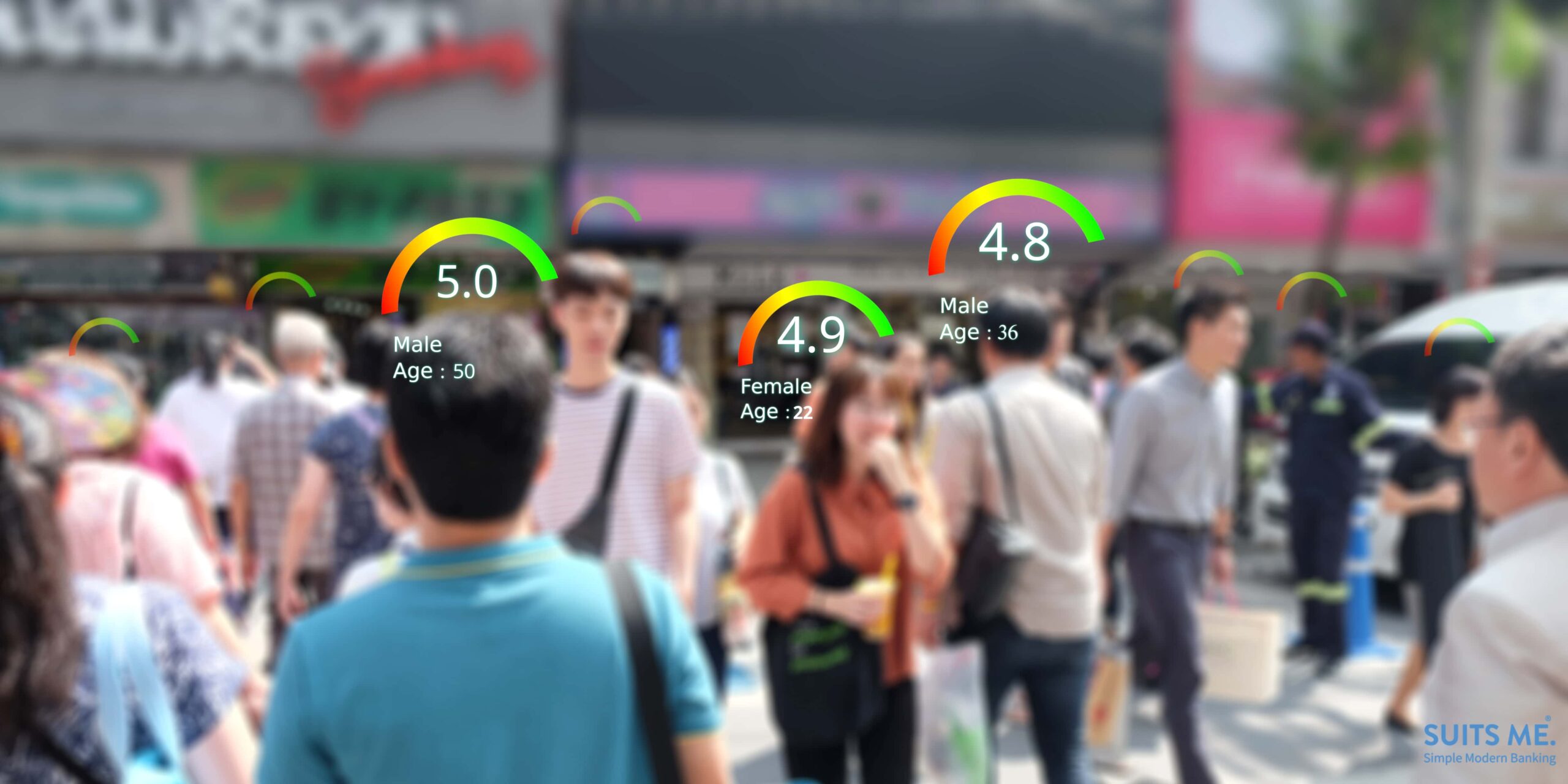What Is “Revenge Saving” and Why It’s Trending Now
After the pandemic, “revenge spending” became a cultural phenomenon; people splurged on vacations, concert tickets, and luxury items to make up for lost time during lockdown. Since then a quieter, more powerful counter-trend has emerged, especially among Millennials and Gen Z. It’s called “revenge saving.”
Revenge saving flips the script. Instead of spending freely, younger generations are aggressively putting money aside as a way of reclaiming control on savings and creating a safety net in an unpredictable world. Rather than a reactionary hoarding of cash, it’s about strategic, intentional saving that empowers and protects.
Since 2022, this trend has gained momentum as inflation, surging housing prices, and economic instability have made younger generations more cautious about financial commitments. Watching peers or parents struggle during economic downturns has clearly left a lasting impression: financial security cannot be left to chance.
Revenge saving represents a cultural shift in how money is valued. While past generations may have emphasized ownership of material goods, Millennials and Gen Z are increasingly prioritizing freedom, flexibility, and choice. Imagine choosing a weekend getaway not by spending recklessly, but by knowing you’ve already banked an extra $500 for fun without touching your safety net. For many customers, saving isn’t deprivation, it’s about empowerment.
Why Millennials and Gen Z Are Leading the Movement
Millennials and Gen Z face unique financial pressures that make revenge saving a practical and psychologically satisfying response.
- Student debt: The average student loan balance for Millennials hovers around $41,000, while many Gen Z borrowers are already facing six-figure debts before entering the workforce. With repayment looming, careful saving isn’t just smart, it’s essential.
- Housing affordability crisis: In the U.S., median home prices have increased by more than 25% over the past five years. Many young adults feel homeownership is out of reach, making liquid savings a higher priority than illiquid investments.
- Unstable job market: Layoffs, gig work, and AI-driven changes in employment create a sense of financial fragility. Saving aggressively allows for flexibility, whether it’s covering a gap between jobs or starting a new venture.
- Inflation: Rising costs for groceries, utilities, and rent squeeze discretionary spending. Millennials and Gen Z have learned that having a financial cushion is no longer optional, it’s a survival tool.
Beyond these pressures, cultural shifts have helped normalize saving as a lifestyle choice. Social media platforms like TikTok and Instagram are filled with viral challenges such as “no-spend months,” “sinking funds,” and budgeting tips. Unlike older generations who may have hidden their finances, younger adults are making saving social, visible, and even fun.
These trends highlight how Gen Z saving habits differ from those of older generations, emphasizing flexibility, mobility, and financial independence. At the same time, Millennial saving strategies often focus on balancing student debt, high housing costs, and long-term security.
Together, these approaches show how revenge saving is being personalized by each generation—shaped by their unique challenges yet united by the goal of building financial freedom.
The Psychology Behind Revenge Saving
At its core, revenge saving is about taking control, not giving in to fear. Unlike panic saving, which is motivated by anxiety, revenge saving is intentional: it builds a sense of autonomy and security.
Key motivators include:
- Autonomy: Saving money creates the freedom to make choices without financial stress.
- Preparedness: Having funds set aside provides a cushion for emergencies, unexpected bills, or career changes.
- Empowerment: Each deposit reinforces the feeling of control over one’s future.
- Resilience: By relying on their own resources, Millennials and Gen Z can avoid debt traps and credit reliance.
The emotional benefits are just as important. A growing savings balance can provide stability, independence, and self-worth, feelings often more satisfying than the short-term gratification of a splurge. Over time, seeing your savings grow can even reduce stress and improve overall well-being, making it a form of self-care.
Social media also reinforces these behaviors. Many young adults share progress on their savings goals, sinking fund charts, and automated savings routines. This community-driven accountability turns saving into a cultural badge of pride rather than a chore. One TikTok creator recently shared how automated transfers built her a $2,600 emergency fund in a year based on weekly deposits of $50 with no withdrawals, inspiring thousands of followers to do the same.
How Community Banks Fit In
While national banks dominate headlines, community banks like Union Bank offer practical solutions and clear community bank benefits that resonate with young savers. Here’s why:
- Local understanding: Union Bank knows the Vermont housing market, local job conditions, and cost-of-living realities. That insight allows for guidance on personalized savings strategies that truly fit your situation.
- Personal relationships: Customers interact directly with advocates and decision-makers. Need to adjust an account, discuss financial goals, or open a new product? Union Bank makes the process faster and more flexible.
- Transparency: Community banks like Union Bank emphasize straightforward accounts, fewer hidden fees, and a focus on customer education. Young adults can plan with confidence, knowing exactly how their money grows.
- Technology meets human touch: Union Bank combines digital convenience—like online account opening and mobile budgeting tools—with access to real people who can answer questions in real time; availability may depend on location or staffing.
- Local reinvestment: Deposits don’t disappear into Wall Street. Funds are reinvested into the local economy—mortgages, small businesses, and community projects—so savers know their money is building both personal and community wealth.
A millennial customer recently shared that opening a savings account at Union Bank allowed her to build her first emergency fund while feeling confident her money was making a local impact. Stories like these show that community banks offer more than accounts, they offer guidance, support, and connection.
Steps to Start Your Revenge Saving Strategy
Community banks can help you put these new saving strategies into action, whether you’re just starting out or looking to refine your approach.
Step 1: Open a dedicated savings account
Separate your savings from checking to reduce temptation. A savings account local bank combines competitive interest with personalized service.
Step 2: Set clear, measurable goals
Define what success looks like. Examples:
- “Save $10,000 for a future down payment.”
- “Save $5,000 in an emergency fund.”
- “Set aside $3,000 for a career change.”
Step 3: Automate your savings
Schedule automatic transfers from checking to savings on payday. Even $75 per week grows to $3,900 in a year (with no withdrawals), without you having to think about it.
Step 4: Use bank-provided budgeting tools
Tools like Union Bank’s Personal Financial Management Tool help you track spending, visualize progress, and set up savings challenges.
Step 5: Explore other products for growth
Certificates of Deposit (CDs), Money Market Accounts (MMAs), and Individual Retirement Accounts (IRAs) can help longer-term goals grow faster with minimal risk, subject to account terms. Even small amounts in these products can accumulate significant returns over several years, helping you reach milestones faster than with a standard savings account alone.
Step 6: Engage with educational resources
Attend free workshops, webinars, or seminars your community bank offers. Understanding compound interest, debt management, and investment basics will make your strategy stronger and help reinforce financial habits that last.
Taking Control of Savings Starts Local
Revenge saving is more than a trend; it’s a statement of confidence and autonomy. By intentionally putting money aside, Millennials and Gen Z are turning economic uncertainty into opportunity. Based on individual circumstances, saving aggressively doesn’t mean depriving yourself; it means creating freedom, choice, and options for the future.
Community banks like Union Bank amplify the power of revenge saving. With personalized advice, transparent products, and a focus on local reinvestment, they transform the act of saving into a strategic, empowering, and community-focused endeavor.
If you’re wondering how to save money with a community bank and start your own revenge saving journey, Union Bank makes it simple with transparent products, local reinvestment, and personalized support.
Visit your local Union Bank branch to open your savings account today or explore our savings accounts online.
Publisher: Source link










